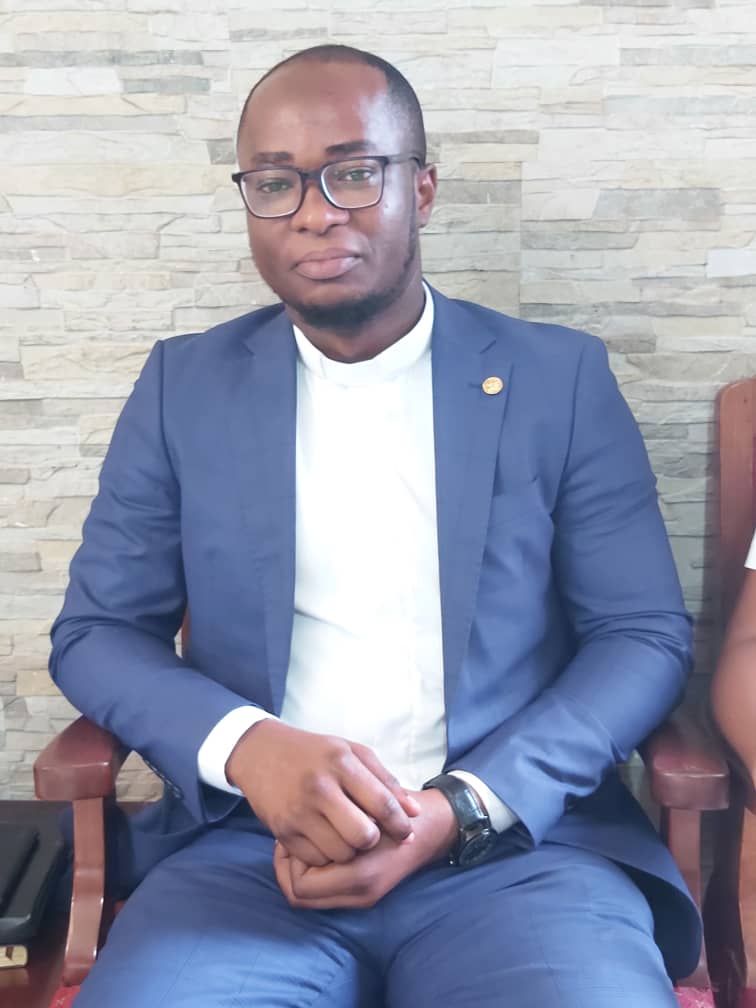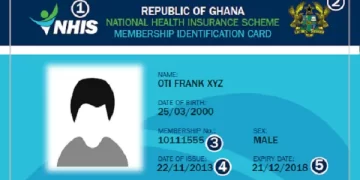Christians have been urged to as part of owning a Bible endeavour to get Bibles written in their local language.
According to the Translation Manager for the Bible Society of Ghana, Rev. Dr. Kennedy Kwame Owiredu, reading a Bible in one’s local language helps with a better understanding of what the Good Book says.
He argues that for proper studying as well as for personal reading of the Bible, a Christian should have two or three Bible versions in their library.
“And in these two or three you should always have a local Bible in addition to your collection of Bibles because you cannot be reading the Word of God in English or in a Foreign language as a Ghanaian,” he continued.
Rev. Dr. Owiredu is certain that reading the Bible in one’s local dialect helps one to get the message well.
The Translation Manager for the Bible Society of Ghana also believes that reading the word in one’s local dialect helps with the easy understanding of certain terms and key concepts that have been translated into the language.
“If you hear things like justification and atonement and propitiation, these are all very big English words. You need to look for a dictionary to understand it.”
But when you pick your local Bible in Ewe or Akuapem Twi or Ga, these have been translated from Hebrew and Greek so you don’t need to think about what is propitiation. You can understand it when the word has been used in your local language and you can understand what God’s word is telling you,” he added.
Rev Dr. Owiredu has been speaking to ATL FM NEWS in relation to the 2023 International Translation Day celebration, a day marked every September 30.

The United Nations believe transposition of a literary or scientific work, including technical work, from one language into another language, professional translation, including interlingual translation, interpretation and terminology, is indispensable to preserving clarity.
The international organization is also of the view that transposition is absolutely necessary for a positive climate and productiveness in international public discourse and interpersonal communication.
It is in light of this that on May 24 2017, the General Assembly adopted resolution 71/288 on the role of language professionals in connecting nations and promoting peace, understanding and development, thereby declaring September 30 as International Translation Day.
The United Nations decided on September 30 because it celebrates the feast of St. Jerome, the Bible translator, who is considered the patron saint of translators.
The theme for the 2023 International Translation Day is “Translation unveils the many faces of humanity.”
Rev Dr. Owiredu however lamented the poor attention given to the celebration of International Translation Day despite the importance of translation; specifically Bible translation in the world today.
He therefore recommended that for the celebration to receive the needed attention all relevant stakeholders must play active roles to ensure that it is achieved.
“When it comes to the celebration of International Translation Day, I think that it should begin with the entire Christian community,” he intimated.
He added that educational institutions, Universities with their Departments of Linguistics, as well as the Ministry of Education and government bodies, can all come on board and as a nation properly celebrate the day annually.
Read more here
Source: Rosemond Asmah & Priscilla Loo/ATLFMNEWS


























